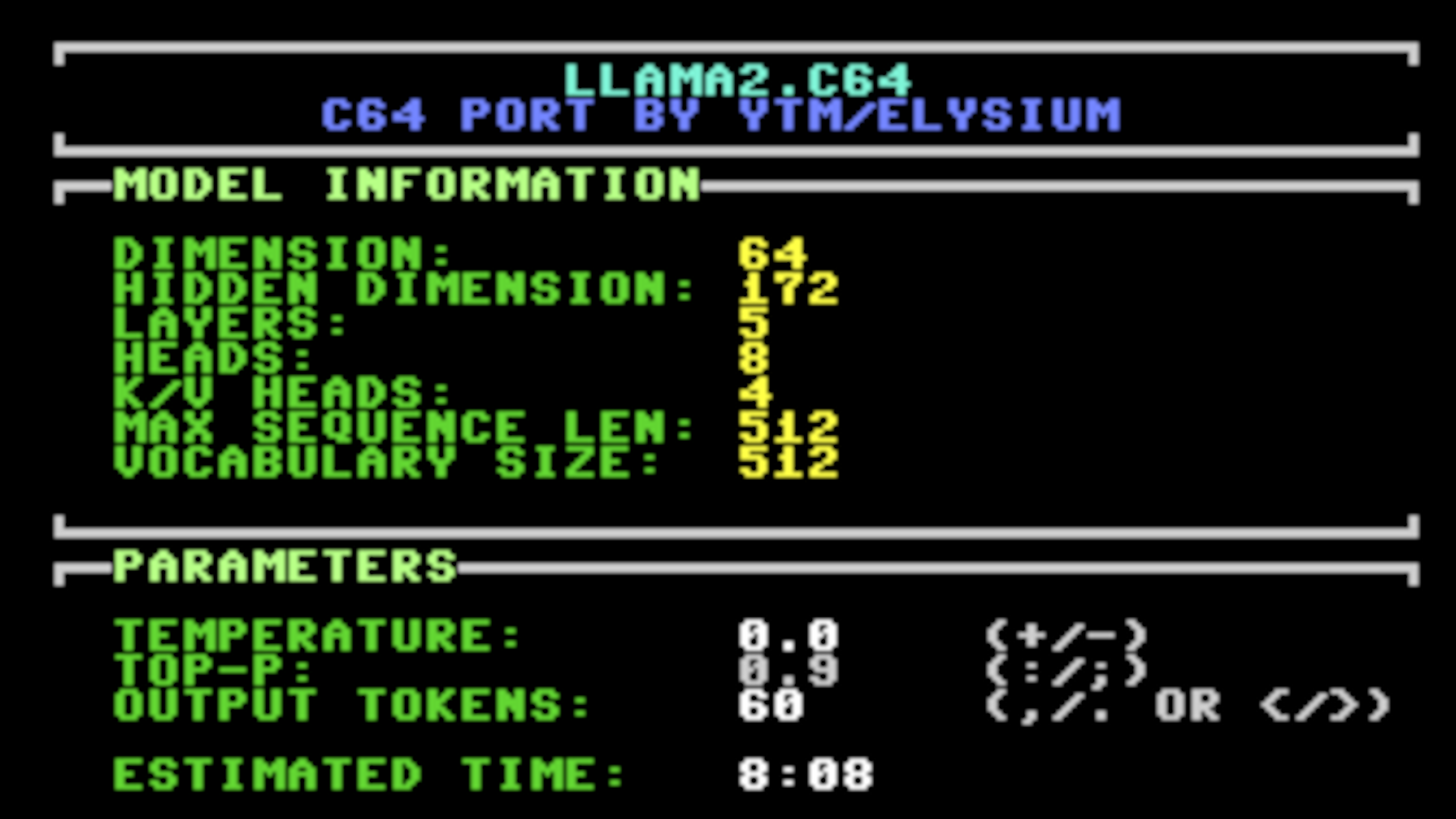The Bank of England has shown offline digital payment systems can work but plans to study policy choices before giving them the green light. The UK's central bank investigated a system that allows phone-to-phone, phone-to-card, and card-to-phone payments while offline, and enables the downloading and uploading of funds to and from the ledger when the device is back online. The project to demonstrate a so-called digital pound involved Thales, Secretarium, IDEMIA Secure Transactions, Quali-Sign, and Consult Hyperion.
Different offline payment solutions were assessed, although no infrastructure has been built so no real payments were made. While some of the technologies could support offline payments, they are dependent on policy choices, including risk appetite, product proposition, and liability, all of which could affect the approach to security. "No final decision has been made on whether an offline payment functionality would be implemented for a digital pound," the Bank said.

"This project demonstrated that it might be technically feasible to implement an offline payment functionality for a digital pound but there are security, performance, and user experience challenges which need to be explored further." The Bank said it plans to study policy choices before deciding whether a digital pound would include the facility for offline payments. "This project explored offline payments from a technology perspective only.
There are other factors, such as policy, operational, legal and commercial considerations, that will impact the design choices for offline payments. In addition, there are technical challenges that were not addressed in this project, such as what happens to offline funds if a user loses their device," the study said . In February 2023 , the Bank's Technology Working Paper accompanied a joint paper with the HM Treasury looking into the possibility of a digital pound, saying one was likely to be needed in the future.
Having done some preparatory work, the Bank and HM Treasury moved from the "research and exploration phase" to a design phase, "which will result in a decision around the middle of the decade on whether to build a digital pound." The Bank said offline payment means neither payer nor payee has access to the central bank digital currency (CBDC) network – which usually occurs during digital transactions – due to the lack of an internet connection. The prototype system was implemented on smartphones and smartcards, and used a back end to reconcile funds when online.
Data pseudonymization and emerging technologies, such as confidential computing, Direct Anonymous Attestation, and Bitcoin Improvement Proposals 32 (BIP32) were used to support privacy. The system used Bluetooth communication and authentication via Consumer Device Cardholder Verification Method (CDCVM) and Personal Identity Number (PIN). ®.
Technology

Bank of England flirts with offline digital dosh

No signal? No problem. But also no solid commitment to Britcoin yet The Bank of England has shown offline digital payment systems can work but plans to study policy choices before giving them the green light....















